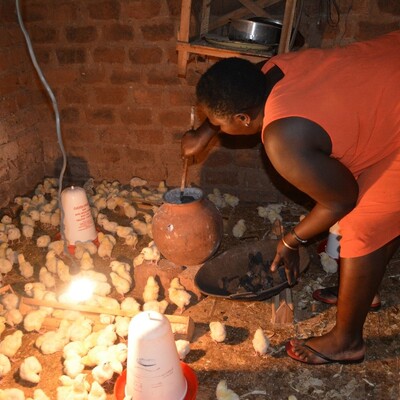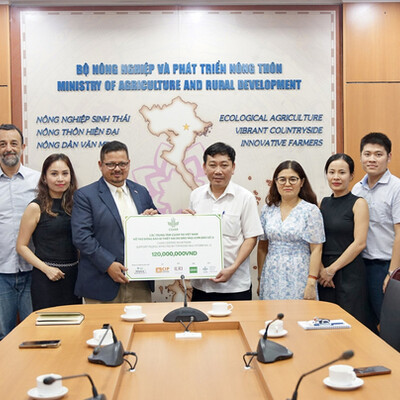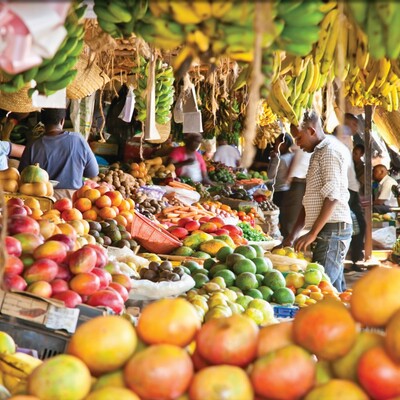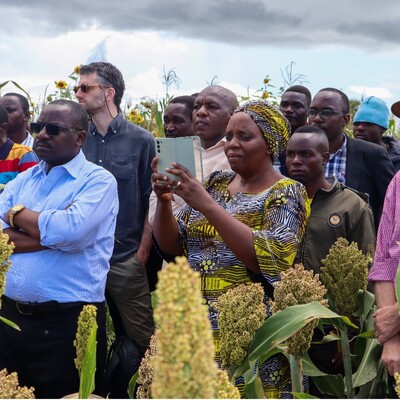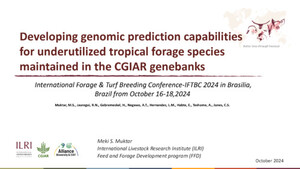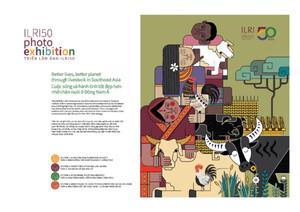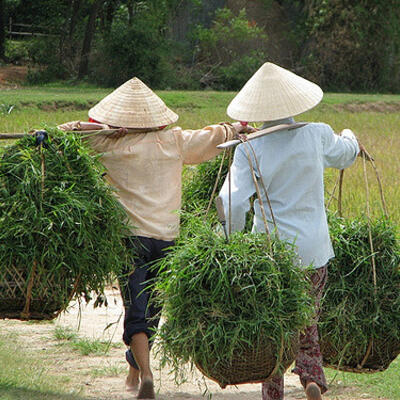
ILRI supports the United Nations’ ‘Decade of Action on Nutrition’, 2016–2025
The following is ILRI’s statement of support to the United Nations’ Decade of Action on Nutrition, 2016–2025.
The International Livestock Research Institute (ILRI) is a member of CGIAR, a global research partnership for a food-secure future. CGIAR science is dedicated to reducing poverty and enhancing food and nutrition security in developing countries while also protecting the world’s natural resources and ecosystem services. ILRI’s conducts research on efficient, safe and sustainable uses of livestock—ensuring better lives through livestock.
The institute works with partners to develop, test, adapt and promote science-based livestock practices that are both sustainable and scalable. The institute also provides compelling scientific evidence that persuades decision-makers—from farmers to those in boardrooms and parliaments— that smarter policies and bigger livestock investments can deliver significant socio-economic, health and environmental dividends to poor households and nations. In addition, ILRI works with partners to increase capacity among its own staff and key stakeholders to make better use of livestock science and investments for better lives through livestock.
ILRI fully supports the United Nations’ ‘Decade of Action on Nutrition’. In particular, the institute will continue to research the role of livestock production systems and animal-source foods (milk, meat and eggs) in healthy and sustainable diets in low- and middle-income countries. Over 800 million people are food insecure, with the number increasing annually. There are more than 150 million children under 5 years of age with stunted growth and 250 million not reaching their developmental potential. Animal-source foods can alleviate both stunted growth and development by providing highly bioavailable nutrients in the diets of vulnerable populations. In low-resource communities, however, these foods are often not available or accessible. ILRI will continue to investigate pathways and nutrition-sensitive interventions that increase sustainable animal-source food production and market access.
Animal-source foods can contribute significantly to meeting the top three World Health Assembly Global Nutrition Targets for 2025: reduced stunting, anemia and low birthweight. Diets relying almost exclusively on plant-based complementary foods low in high-quality protein, fats and micronutrients, such as rice, wheat, maize or starchy roots and tubers, contribute significantly to childhood stunting. Given their relatively small digestive system vis-à-vis nutrient requirements, it is difficult for young children to meet their micronutrient needs without daily intake of modest amounts of animal-source foods. Nutritional causes of anemia in women of reproductive age include deficiencies in iron, zinc, vitamins B12 and A, which are highly bioavailable in milk, meat and eggs. Improved access by vulnerable populations to animal-source foods can help them meet their micronutrient needs. Finally, low birthweight arising from intra-uterine growth restriction may also be addressed by ensuring pregnant women in low-resource settings have healthy diets and access to animal-source and other high-quality foods.
ILRI will work with research partners to better understand the drivers of food choice and in particular, the incentives and barriers for consumption of animal-source foods. We will also work to increase the availability, access and affordability of animal-source foods for poor producers and consumers in low- and middle-income countries, while also identifying and promoting practices that will reduce the environmental footprint of livestock, including their greenhouse gas emissions, and how the safety of animal-source foods, especially in informal markets, can be assured. We are also committed to ensuring that the best available scientific evidence on the roles of animal-source foods in healthy and sustainable diets is available to international agencies and to governments and development organizations to inform food and nutrition policies and guidelines.
See here for more on the UN Decade of Action on Nutrition.
For more from ILRI on nutrition see here.







